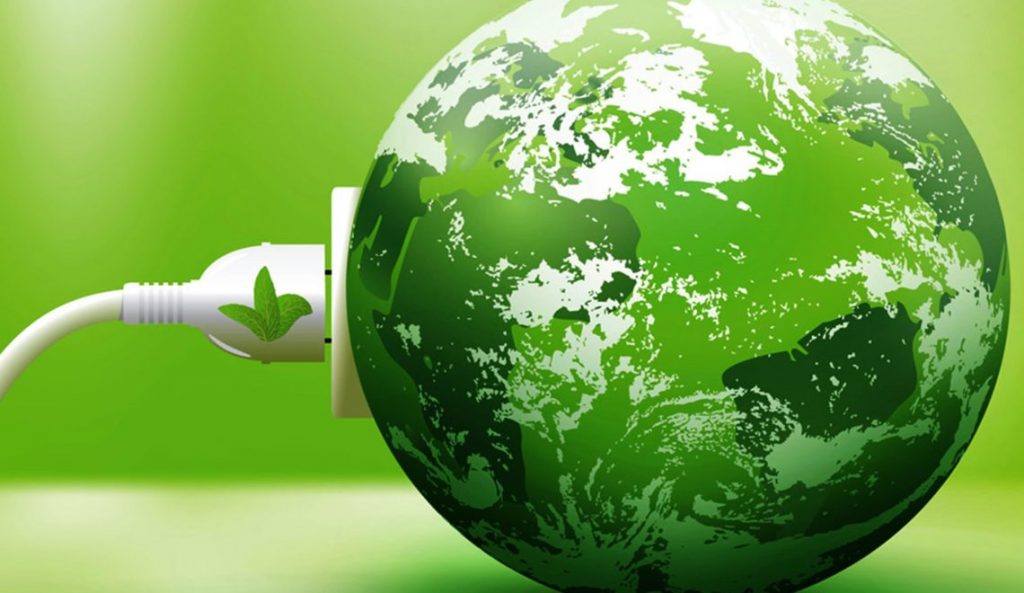The Malaysian Port of Tanjung Pelepas (PTP), a joint venture between APM Terminals (30%) and the MMC Group, has been selected to join the Partnerships for Infrastructure (P4I) initiative, a government-to-government decarbonization scheme between Malaysia and Australia.
The P4I project aims to spearhead Malaysia’s decarbonizing effort in the maritime industry and to foster inclusive growth through sustainable infrastructure in Southeast Asia.
Malaysia has the potential to develop into a regional green fuel bunkering hub with the support of both industry and government, according to a study by the Australian Government’s Partnership for Infrastructure (P4I). The study also found that methanol is the green fuel option receiving the most investment from shipping lines.
The study was undertaken in response to a request from Malaysia’s Transport Ministry (MoT) to better understand zero-carbon bunkering and explore the potential for green refueling sites in Malaysia.
The company plans to electrify all its rubber tyred gantry (RTG) cranes — mobile cranes that stack and transport containers — and yard by the end of this year. It is also testing electric prime movers, which are the trucks that move containers, and electric or hybrid fuel tugs and pilot boats. PTP’s digital transformation also involves tracking its assets and using digital twins.
PTP’s decarbonization goal is to reduce 45% of its emissions by 2030, having already shaved 30% off its carbon emissions by 2021 compared with its 2011 baseline via electrification and decarbonization of assets.
Over the next five years, PTP has earmarked RM3 billion (around USD 640 million) to step up efforts to upgrade its current terminal footprint, including automation, digitalization, and other port functions.
One of the technologies used at PTP is the vessel traffic management system. The VTMS is connected to the Marine Resource Management System (MRMS) and Vessel Traffic Monitoring and Information System (VTMIS) — both of which are used to step up measures to become a “green” port. It improves the efficiency of vessel traffic movements and the safety of navigation.
The MRMS is able to integrate the entire process, from booking a berth to populating shipping registers, ordering pilots and providing vessel arrivals and departures. In 2022, PTP handled 10,608 vessel calls.
Tags: Australia, Decarbonisation, Malaysia, PTP



Recent Posts
Stena Line’s Hybrid Ferry Stena Futura Completes Sea Trials, Set to Boost Irish Sea Freight Capacity
Taiwanese owner makes methanol move with WinGD across multiple engine orders
Econowind installs four VentoFoils on tanker M/T JUTLANDIA SWAN
Global Maritime Groups Unite to Launch Alliance for Electrification of Shipping Sector
India Charts Green Future for Maritime Sector with Hydrogen Hubs and Sustainable Port Strategy
ZeroNorth’s SMARTShip platform integrates with ClassNK MRV portal to automate emissions reporting
Towngas Partners with TLB, Pacific Basin to Advance Green Marine Fuel Infrastructure in Hong Kong
SECI Extends Bid Deadline for Green Ammonia Tender Under SIGHT Scheme